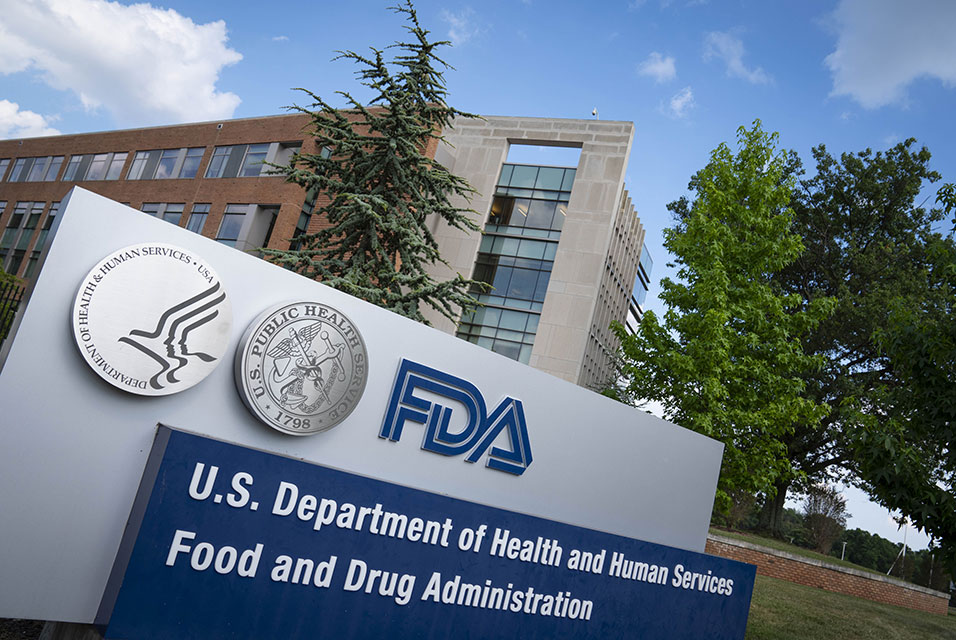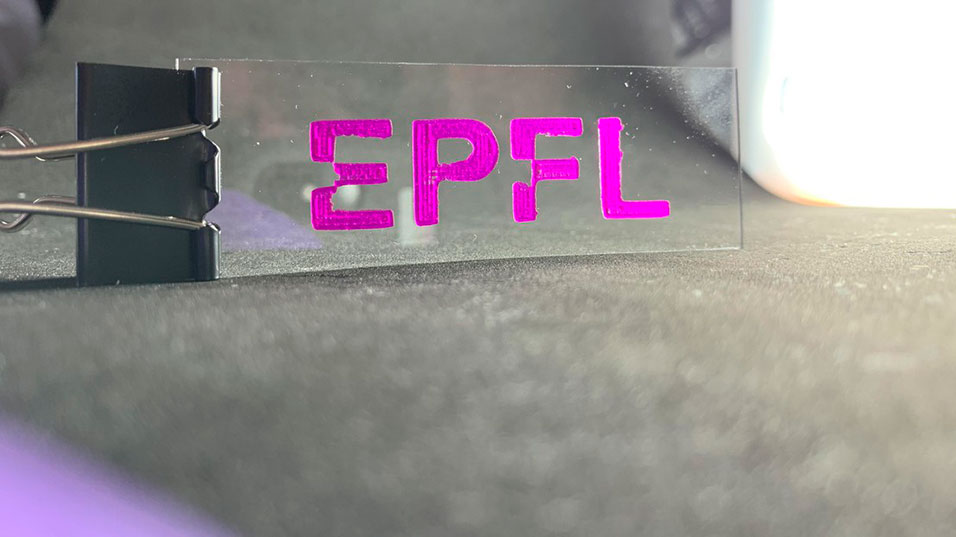WASHINGTON, DC (AFP).- A Covid-19 antibody therapy used to treat President Donald Trump was approved by the US drug regulator on Saturday for people who aren't yet hospitalized by the disease but are at high risk.
The green light for drugmaker Regeneron came after REGEN-COV2, a combination of two lab-made antibodies, was shown to reduce Covid-19-related hospitalizations or emergency room visits in patients with underlying conditions.
"Authorizing these monoclonal antibody therapies may help outpatients avoid hospitalization and alleviate the burden on our health care system," said Stephen Hahn, commissioner of the Food and Drug Administration (FDA).
Leonard Schleifer, Regeneron's president and CEO, added the move was "an important step in the fight against COVID-19, as high-risk patients in the United States will have access to a promising therapy early in the course of their infection."
Regeneron's antibody treatment is the second synthetic antibody treatment to receive an emergency use approval (EUA) from the FDA after a similar therapy developed by Eli Lilly was granted the status on November 9.
The human immune system naturally develops infection-fighting proteins called antibodies -- but because not everyone mounts an adequate response, companies like Regeneron and Lilly have manufactured lab-made solutions.
They work by binding to a surface protein of the SARS-CoV-2 virus and stopping it from invading human cells.
The FDA said the data supporting Regeneron's EUA came from a clinical trial in 799 non-hospitalized patients with mild to moderate symptoms of Covid-19.
For patients who were at high risk because of a variety of underlying conditions -- from obesity to old age to diabetes -- hospitalization and emergency room visits occurred in three percent of patients who received the intravenous treatment.
This compared to nine percent in placebo-treated patients.
Patients treated with the drug also had lower levels of virus remaining compared to those on the placebo.
80,000 doses
The company said it expects to have doses ready for 80,000 patients ready by the end of November and approximately 300,000 patients in total by the end of January 2021.
These will be available to US patients at no out-of-pocket cost under the terms of a US government program.
But with cases surging across the US and globally, that means access will not be widespread. The US has added more than 360,000 new Covid-19 cases in the past two days alone.
The recommended dose is 1,200 milligrams of each of the two antibodies, for a total of 2,400 milligrams, in a single infusion.
Regeneron has received more than $450 million from the US government for its Covid-19 drug development efforts under Operation Warp Speed.
So-called monoclonal antibodies are a relatively new class of drug seen as highly promising.
Last month, an antibody drug developed by Regeneron against the Ebola virus received full FDA approval, the next step after an EUA.
In the case of Covid-19, Regeneron first found two antibodies that were highly effective against the SARS-CoV-2 virus, one from a mouse whose immune system was modified to be human-like, the other from a human.
They then harvested the immune cells that made those antibodies and grew them in a lab, in order to create a mass treatment.
Covid-19 vaccines, like those developed by Pfizer and Moderna, work by training the immune system to make its own antibodies so they are prepared when they encounter the virus.
© Agence France-Presse










